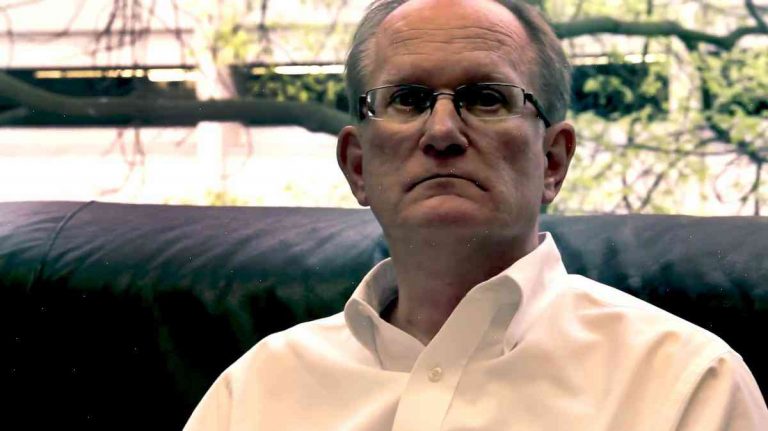Paul Leinwand of * Global Exchange spent the last eight years seeking records of offshore bank accounts held by well-known Toronto financier Michel Lemay, but was unable to find anything. One of Lemay’s firm’s had given Global Exchange “no records whatsoever”.
When Lemay was arrested last year, Lemay said he had been charged solely with offshore tax evasion. But with no documents to back up his claim, Global Exchange retained an expert to find out what really happened.
Lemay and his company used offshore companies – known as nominee firms – to avoid paying taxes on money brought into Canada. Registered in British Columbia, these shell companies exist to house the money (for tax purposes) but can be turned over to a company registered in a tax haven if the money is found in Canada. Even when assets are transferred out of Canada, the nominee firm will get to keep their share – for tax purposes.
* Global Exchange has also filed its own charges with the CRA. “The CRA has failed to take any meaningful action to crack down on offshore schemes,” the company states in court documents.
Canada isn’t the only jurisdiction in the world that is unwilling to act against offshore tax evasion. Tax agencies in the UK, the US, Mexico, Panama, India, Malaysia, and Hong Kong – to name a few – have had run-ins with Swiss banks that failed to report information about thousands of wealthy clients. But Canada isn’t one of them.
A Foreign Account Tax Compliance Act (FATCA) – a new international tax accord between the US and the rest of the world – is supposed to force American banks to report information about their clients who hold accounts in “notorious tax havens”. However, the law was not signed until December 2010 and applications weren’t due to the US until June 2013.
“I think Canada – and our top institutions and our political system – has blinded itself from this sort of thing,” Leinwand says. “My view is that it’s because of this unwillingness to look at the very rich that Canada will never be a tax haven, but it will always have lots of wealthy foreigners out there using offshore entities to avoid paying tax on their assets that we are not interested in.”
Because of FATCA, Lemay now faces penalties of $10m each on two recent years of offshore bank deposits. “It’s a very big penalty for financial firms that have been trying to do the right thing, to adhere to everything that the Canadian rules are,” Leinwand says.
When Lemay was arrested, the CRA came out on the side of taxpayer rights. “It’s shocking that any financial institution, especially a major international bank, could set up a sham offshore company, for Canadians, which held money for tax evasion purposes, when they could not pay income tax on the assets”, the agency said.
Leinwand agrees with this stance. “It is too difficult to work out proof if something is a tax shelter – and often times it’s not properly disclosed that it’s a tax shelter. So the CRA needs to do more to pressure the financial institutions to just tell them up front that this is a shell entity.”
